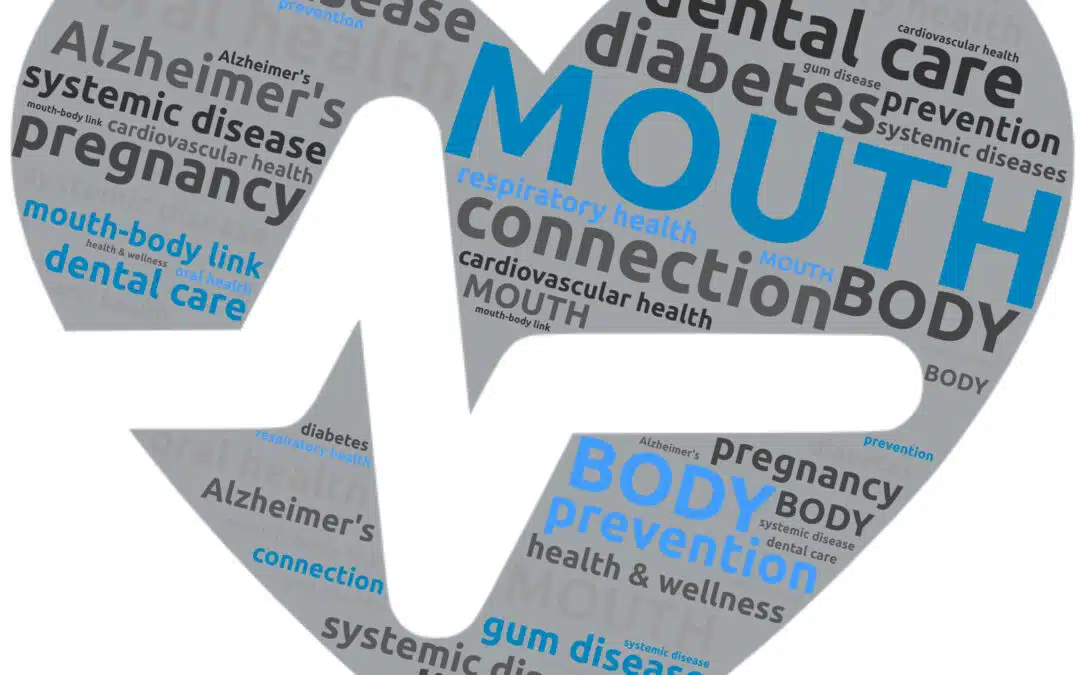
Why You Might Think You Lost a Filling (But Didn’t) and What It Really Means for Your Dental Health
It’s a common scenario in dental offices: a patient comes in convinced they’ve lost a filling, only to find out there never was a filling in the tooth to begin with. Even more surprising, they learn that what they actually need is far more complex than a simple filling replacement. This post will explain why these misunderstandings occur and why they can lead to unexpected dental procedures.
The Hidden Culprit: Tooth Decay
Tooth decay can often go unnoticed, especially in its early stages. The outer layer of your tooth, known as enamel, doesn’t have nerves. That means that even as decay progresses, you might not feel any pain. This is why a cavity can sometimes reach a critical size or even affect the nerve without causing discomfort. On the other hand, when pain does occur, it can be severe—some even describe it as worse than childbirth. This is due to the type of nerve fibers (C fibers) in your teeth, which are primarily designed to transmit pain signals.
The Decay Dilemma: Misdiagnosed Loss of Filling
Many patients believe a piece of their tooth broke off because a filling failed, but in reality, it might be decay that has weakened the tooth structure to the point of breaking. When examining such teeth, it might appear, especially on x-rays, that the decay is dangerously close to the nerve (pulp) of the tooth. Attempting to remove this decay (caries excavation) often leads to the discovery that the pulp has been exposed, which necessitates further treatment like a root canal.
Complex Consequences: When Simple Fillings Aren’t Enough
If decay is extensive enough to warrant a root canal, the tooth will also likely need a crown to restore its shape, strength, and function. In some cases, if the tooth structure above the gumline is insufficient, crown lengthening might be necessary to properly anchor the new crown. These procedures, when combined, can be costly, which underscores the importance of regular dental check-ups to catch decay before it escalates.
Addressing Root Canal Concerns
One of the most common treatments for extensive tooth decay, where the decay has reached the nerve (pulp), is a root canal. However, some patients have fears about root canals, expressing concerns that they may be linked to systemic diseases, including cancer. It’s important to note that extensive research has yet to yield concrete scientific evidence directly linking root canals to any specific disease, but it must be acknowledged that it is difficult to conduct retrospective studies, and more research is needed. The idea behind root canals is to remove bacteria from the infected pulp, prevent reinfection of the tooth, and save the natural tooth.
Alternatives to Root Canals: Extraction and Beyond
For patients who remain hesitant about root canals despite current knowledge and practices, extraction is sometimes considered an alternative. It’s crucial for these patients to understand the consequences of tooth extraction, which include potential misalignment of the remaining teeth, changes in chewing function, and loss of jawbone density over time. If a tooth is extracted, options such as dental implants or bridges can be considered to restore function and aesthetics, though these solutions can often be even more invasive and costly than performing a root canal and crown.
Why Regular Dental Exams Are Crucial
During routine exams, dentists look for decay behind fillings, under crowns, and around bridge abutments—areas that are difficult to inspect without professional tools. Regular check-ups allow dentists to catch and address decay before it leads to more significant damage and more invasive procedures. Even with decades of experience, I’ve seen cases where the extent of decay under a crown or bridge wasn’t apparent until the restoration was removed, sometimes resulting in the need for an extraction.
Dental health can be deceptively complex, and what might seem like a minor issue can quickly escalate into something more serious. Understanding all available treatment options, including the benefits and potential risks, allows patients to make informed decisions about their dental health. It’s important for anyone concerned about the implications of dental procedures to discuss these worries openly with their dentist, who can provide evidence-based guidance and reassurance. Regular dental visits are essential for catching problems early, often before you feel any pain. Remember, maintaining your oral health is a critical part of your overall well-being.




